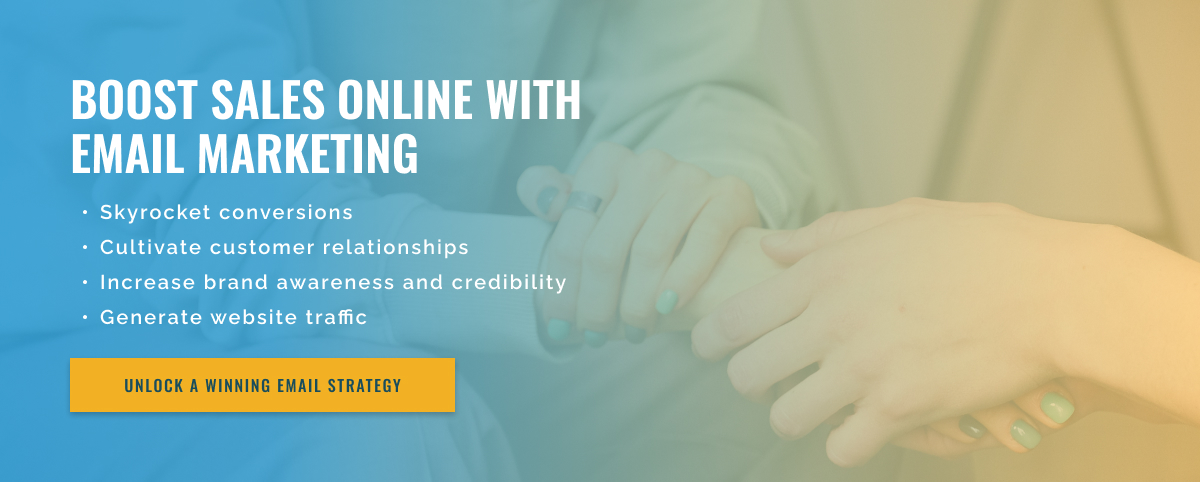3.5 minute read
Post-Purchase Follow-Ups with Email Marketing Automation
Email marketing has revolutionized the way manufacturers interact with their customers. With the rise of eCommerce, post-purchase follow-up has become an important element in building long-term relationships with consumers. However, manually sending subsequent emails to each customer can be time-consuming and not always effective.
This is where email marketing automation comes in, enabling manufacturers to streamline the post-purchase follow-up process and deliver personalized and timely messages to customers. In this article, we’ll discuss how manufacturers can use email marketing automation to improve post-purchase follow-up.
First, email marketing automation allows manufacturers to set up automated email sequences based on customer actions. For example, a customer who has just made a purchase may receive a welcome email thanking them for their purchase and providing relevant information about their order. After some time, they may receive an email confirming that they are satisfied with their purchase. This personalized approach not only saves the manufacturer time, but also makes the customer feel valued and improves their overall experience.
Second, email marketing automation allows manufacturers to segment customers based on their purchasing history, interests, and behavior. This allows them to send targeted and relevant emails, increasing the chances of conversion. For example, a manufacturer might send a cross-sell email to a customer who recently purchased a product from a particular category, or provide a personalized discount offer to a customer who frequently buys from them. Segmentation enables manufacturers to send more meaningful and effective follow-up messages to customers, resulting in higher ROI.
Additionally, by automating email marketing, manufacturers can track open rates, click-through rates, and other important post-purchase follow-up email metrics. This data can help them analyze the performance of their campaigns and make necessary improvements to optimize their results. They can also A/B test different subject lines, email content, and send times to determine which approach best suits their audience.
Overall, email marketing automation has proven to be a valuable tool for manufacturers to optimize post-purchase follow-up. By leveraging features such as email sequencing, segmentation, and performance tracking, manufacturers can deliver timely and personalized messages to their customers, ultimately leading to greater customer satisfaction and higher sales. As eCommerce continues to evolve, it’s critical for manufacturers to adapt and leverage email marketing automation to stay ahead of the competition and build strong, lasting relationships with their customers.

